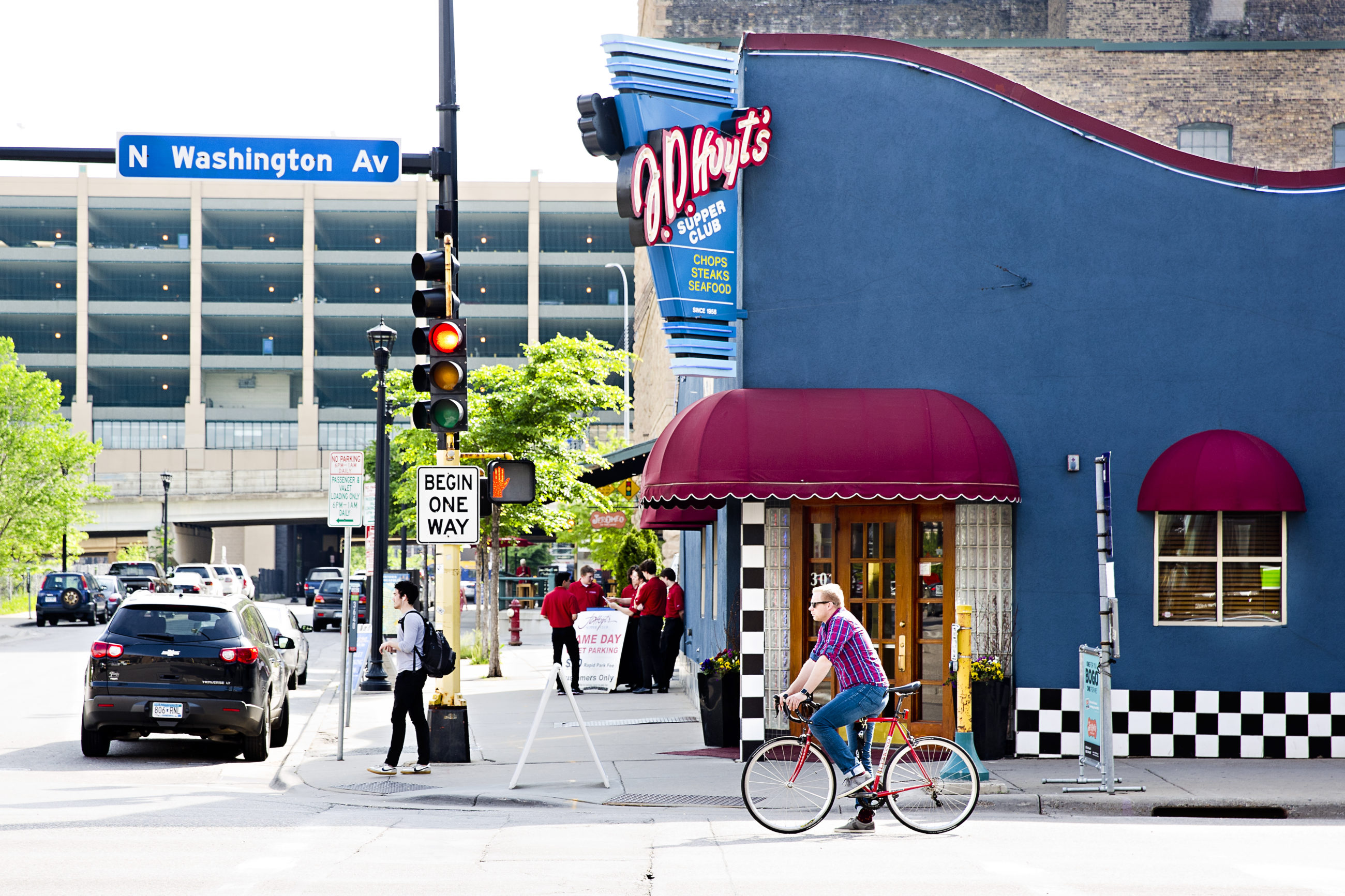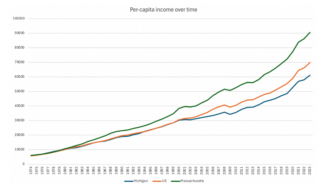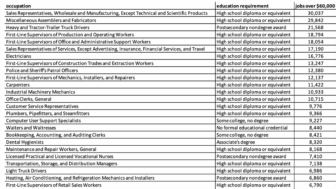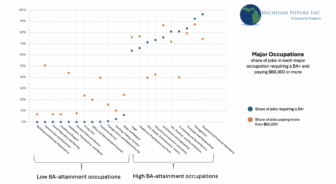Most, if not all, major metropolitan areas have business organizations that promote the economic well being of their regions.![]()
But the Itasca Project serving Minnesota’s Twin Cities is different from just about any such organization in the country. This group of more than 60 corporate chief executive officers and community leaders spend little time on traditional business concerns, such as tax rates and government regulations.
Instead, Itasca takes on more controversial and complex issues, such as how to bring more minorities—the Twin Cities are home to Hmong, Somali, Cambodian and other minority populations—into the economic mainstream.
“Our overall mission is to raise economic competitiveness, improve the quality of life and expand prosperity for everyone,” said Justin Freiberg, a McKinsey & Co. executive who manages the Itasca Project.
Itasca operates as a virtual organization with no physical presence or staff. It receives operational and research support from McKinsey, one of the top management-consulting firms in the world, and outside financial support from several local foundations.
The group’s ground-level work is conducted in weekly Friday morning meetings by about a dozen CEOs who “go deep” to understand problems, and propose solutions, Freiberg said.
Itasca operates largely behind the scenes, but exercises an outsize influence. Its members aren’t afraid to push for a tax increase to pay for improved infrastructure that makes Minneapolis-St. Paul, already considered one of the most vibrant metropolitan areas in country, even better.
It did just that in 2008 after then-Gov. Tim Pawlenty vetoed a tax hike to fund road repair and public transportation. Itasca’s business leaders called Republican legislators and convinced them to vote with Democrats in overriding the Republican governor’s veto.
Itasca also conducted a study in 2012 that found 70 percent of Minnesota’s jobs by 2018 will require education beyond high school and used the study to push lawmakers to increase higher education funding.
The organization describes itself as a business-executive-led group that demands consideration for “all other perspectives” and takes a long-term view, “peering decades into the future rather than just the next legislative session.” It prioritizes “regional vitality over business self-interest” and is willing to “take on issues that are inherently difficult to resolve.”
The Itasca Project was created in 2003 in response to a growing worry by business leaders that the region was losing its economic vitality. Minnesota’s share of initial public offerings and venture capital was slipping, as was its reputation for being a strong research-and-development hub.
An attempt by then-University of Minnesota President Mark Yudof to create an organization of more than 1,200 community leaders to address those and other problems failed. Participants “barely agreed on the shape of the table let alone a path to revitalize our competitiveness,” according to an Itasca history.
Rip Rapson, then the president of the McKnight Foundation (he’s now the president of the Kresge Foundation in Troy), convened a breakfast meeting of a small group of business leaders “who by now were convinced that something had to be done,” according to the history.
What emerged was Itasca, which takes its name from the Minnesota state park where the region’s business leaders gathered in the 1950s and 1960s to discuss economic issues.
Today the organization is focused mostly on talent and transit issues. Business leaders in metro Minneapolis have been strong proponents of light rail, viewing it as a crucial element in meeting the transportation needs of workers and as well as economic development.
And they believe the region needs to close racial and economic disparity gaps for the metro area to continue to thrive.
“We’re a historically white state that’s growing slowly,” Freiberg said. “We have pools of potential talent we’re not fully utilizing. And there are systemic barriers excluding that talent.”
An Itasca task force brought together private sector and nonprofit leaders to identify specific, short-term steps employers can take to close employment gaps between whites and people of color. Itasca and the Wilder Foundation also are working with about 100 CEOs and senior corporate leaders to help them develop more diverse, inclusive workforces.
Population projections for the Twin Cities region show that the white working age population will decline over the next 20 years. All of the growth will come from people of color. Metro Detroit is facing a similar trend.
The Itasca Project is built on the belief that for metro Minneapolis to remain vibrant, its economy must work for everyone. That’s a mindset Michigan leaders must adopt.
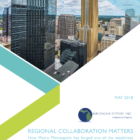 Check our new report, Regional Collaboration Matters, How Metro Minneapolis has forged one of the wealthiest and most livable metropolitan regions in the United States, for more stories and lessons from the most successful state in the Great Lakes.
Check our new report, Regional Collaboration Matters, How Metro Minneapolis has forged one of the wealthiest and most livable metropolitan regions in the United States, for more stories and lessons from the most successful state in the Great Lakes.

